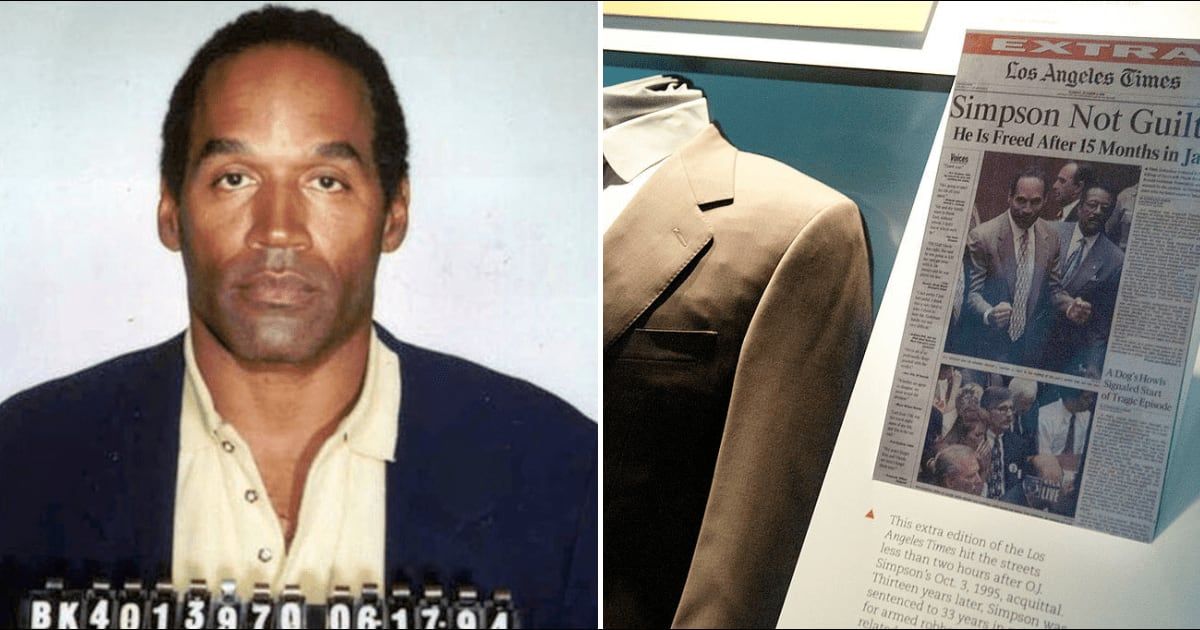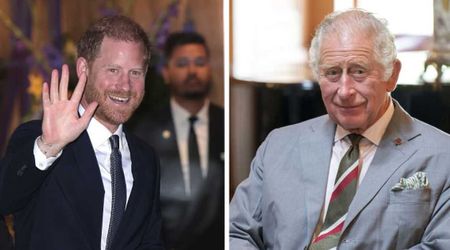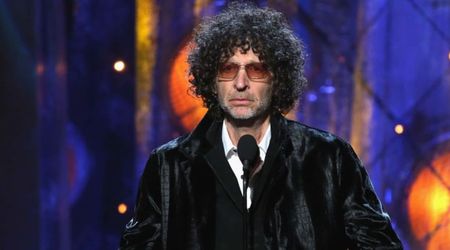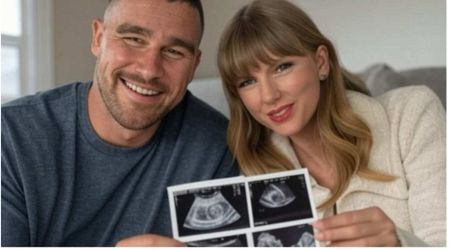Revisiting OJ Simpson trial: Examining glove, police conduct and road to his shocking acquittal

Warning: This article contains a recollection of crime and can be triggering to some, readers’ discretion advised.
LOS ANGELES, CALIFORNIA: Orenthal James Simpson, a former recipient of the Heisman Trophy and member of the NFL Hall of Fame, became widely known following his acquittal in a trial marked by mishandling of DNA evidence and accusations of racism.
Nicole Brown Simpson, 35, and her friend Ronald Goldman, 25, were discovered brutally murdered outside Brown's Brentwood condominium in Los Angeles, California on June 12, 1994.
Following his arrest on June 17, Simpson enlisted the aid of the "Dream Team," a renowned legal ensemble led by Johnnie Cochran and featuring luminaries such as Alan Dershowitz and Robert Kardashian.
Notably, Simpson died at 76 after a prolonged battle with cancer, as confirmed by his family on Thursday, April 11, 2024, as per US Sun news.
DNA evidence against OJ Simpson

Seven months after the homicides, the trial for OJ Simpson commenced on January 24, 1995, under the jurisdiction of Judge Lance Ito.
In the absence of any witnesses to the killings of Simpson's estranged wife and her friend, DNA evidence becomes a crucial factor in the prosecution's case against Simpson during his trial.
Over 108 pieces of DNA evidence, ranging from blood to hairs were introduced by the prosecution, purportedly implicating Simpson as the perpetrator.
In the opening statements, lead prosecutor Marcia Clark asserted that there existed a "trail of blood from the Bundy Crime scene through Simpson's Ford Bronco to his bedroom at Rockingham."
The evidence underwent rigorous scrutiny, undergoing testing at three distinct laboratories, each conducting separate tests yielding no discrepancies.
However, Simpson's defense team, led by Cochran, informed the jury that they would show evidence had been "contaminated, compromised, and ultimately corrupted."
The defense contended that the initial collection of evidence had been compromised, leading to the loss of the DNA belonging to the "real killer."
At that time, the Los Angeles Police Department lacked proper documentation regarding the collection of Simpson's blood, providing the defense with grounds to argue that law enforcement had planted his blood at crucial points within the crime scene.
One pivotal piece of evidence for the prosecution was a right-hand bloody leather glove discovered at Simpson's Rockingham residence during his arrest.
Subsequently, it was revealed that the glove matched a left-hand glove found near Goldman's body.

Detective Mark Fuhrman of the LAPD found the glove, an action the defense claimed involved planting evidence at the scene.
This discovery served as the basis for Simpson's arrest warrant at the time.
The prosecution contended that Simpson employed the gloves as part of a disguise during the alleged murders of Brown and Goldman.
However, DNA analysis revealed traces from Simpson and both victims on the glove—not Fuhrman—prompting the prosecution's argument against tampering.
During the trial, the prosecution made a prior decision not to request Simpson to try on the gloves, citing their compromised condition.
Saturated with blood from both Simpson and the victims, the gloves had undergone multiple freeze-thaw cycles, resulting in them shrinking from their original size.
Additionally, Simpson wore latex gloves underneath the leather ones to preserve DNA integrity.
Even though the gloves seemed too tight on Simpson's hands, with Clark suggesting he was pretending to struggle to fit them, Cochran countered by stating, "I don't believe he could fake the size of his hands."
In his closing statement, Cochran famously declared, “If the glove doesn't fit, you must acquit.."

Detective Fuhrman faced allegations of racism during OJ Simpson’s trial
During the trial, Simpson's defense aimed to depict the LAPD as incompetent and influenced by racial prejudice against the ex-athlete, Simpson.
Los Angeles was steeped in racial tensions during the trial, occurring shortly after the infamous beating of Rodney King by the LAPD.
The defense's assertions of Detective Fuhrman planting the bloody glove were bolstered by accusations of his alleged racism, aimed at undermining his credibility.
While testifying, Fuhrman denied using racial slurs to describe Black individuals within the past decade.
However, the defense uncovered numerous audiotapes capturing Fuhrman using offensive language on more than 40 occasions, eight years prior to the murders.
Dubbed "The Fuhrman tapes," they became central to the defense's argument, asserting that Fuhrman's testimony lacked credibility. Clark later dismissed the tapes as "the ultimate distraction."
Fuhrman later expressed remorse for his language, asserting that he was not racially prejudiced.

On October 3, 1995, Simpson was acquitted of both murder charges after just four hours of jury deliberation, captivating an estimated 100 million viewers worldwide.
The verdict garnered widespread attention, resulting in an estimated $480 million in lost productivity as people paused their work to witness the outcome.
Subsequently, Simpson was found liable for the deaths in a civil case brought by the Brown and Goldman families in 1997.










